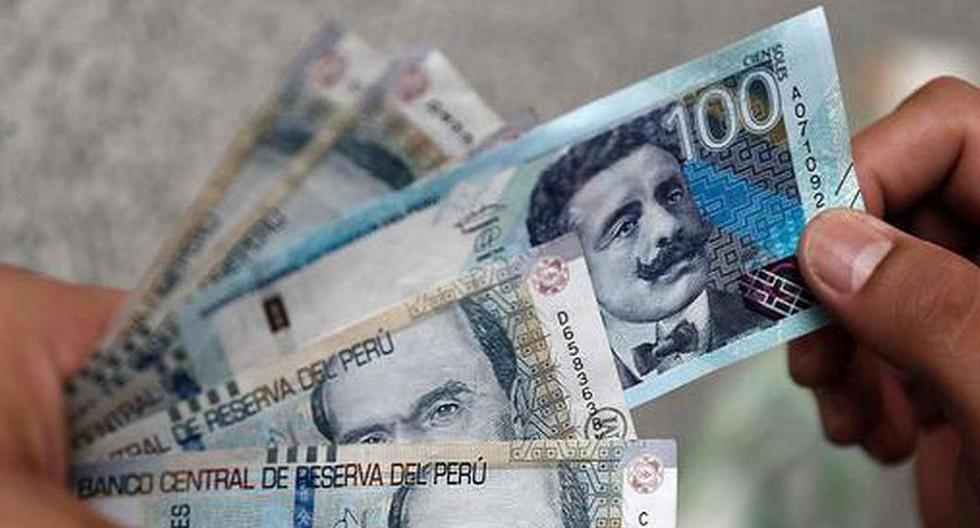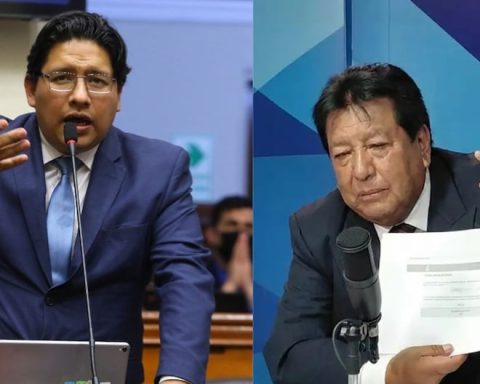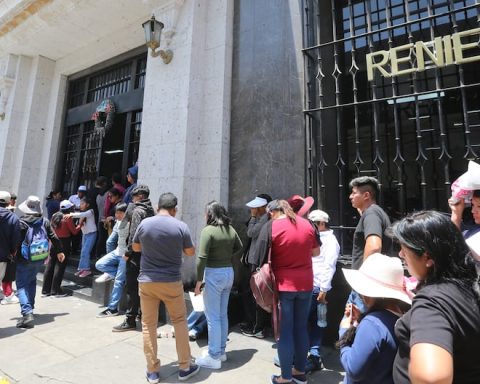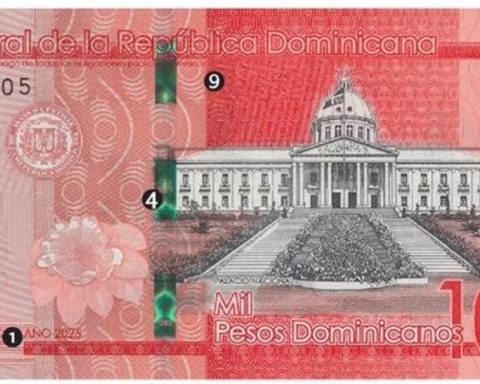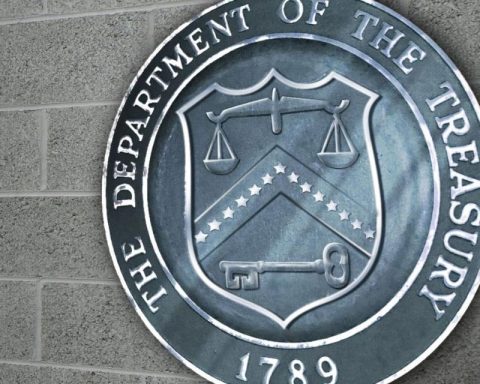The companies have until November 15 to deposit to the workers of the labor regime of the private activity the Compensation for Time of Services (CTS).
The CTS is a benefit that formal workers have that basically works like unemployment insurance. The idea is to maintain a backup fund in case the job is lost.
The CTS is deposited in a special account that must be opened with a financial institution. This account usually offers higher returns than regular savings accounts.
SIGHT: CTS: all the details of the payment that workers will receive in November
The general rule establishes that only the excess of four salaries can be withdrawn from the CTS account. That is, if your salary is S / 1,000 and you have S / 6,000 in the account, you can only withdraw S / 2,000, since there always have to be four salaries in the account, which in this example are equivalent to S / 4,000.
However, from the health emergency declared by the Government to stop the advance of the COVID-19 pandemic, the withdrawal of 100% of the CTS was enabled until the end of this year.
“The general rule is that you can only withdraw the excess of four salaries, but with this release, it allows you to no longer have any type of balance and withdraw 100%, which generates immediate money but loses the purpose of unemployment insurance”Alicia Jiménez, principal associate of Philippi Prietocarrizosa Ferrero DU & Uría, told this newspaper.
How to calculate the amount to receive?
The CTS is paid based on the months worked. On average it is 8.33% of each income that the worker has received in the semester, including the bonus.
The bonus is deposited in May and November, and each subscription comprises just over half a salary. According to Jiménez, if the employee worked for less than six months during that period, he will be paid one sixth of half his salary for each month worked.
In addition, there is a deadline for the company to pay this benefit. In this case, they have until November 15 to deposit the CTS.
What happens if they don’t deposit the CTS?
The first consequence is that if the company does not deposit the CTS, it begins to generate interest in favor of the worker for the money that they would not be receiving in the CTS account.
Then, Sunafil could determine an ex officio sanction if it identifies this breach, which also includes a fine for not having made the deposit in a timely manner, which will depend on the number of workers affected.
